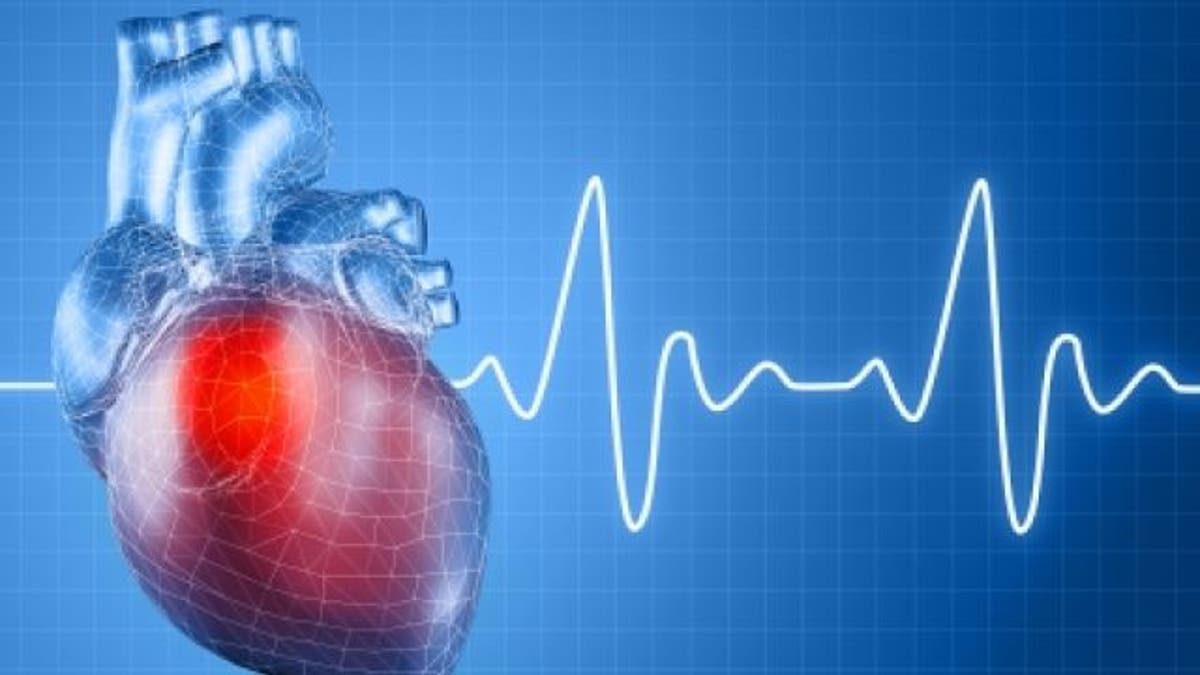
When it comes to heart attacks, most people think a steady diet of greasy food and sedentary living is to blame.
While it’s true that diet and lifestyle play a role (not to mention, family history), there are other, less common factors linked with heart trouble. Here are some weird things that you would never think could potentially harm your heart.
1. Your neighborhood
A 2001 study in the New England Journal of Medicine found that people in lower-income neighborhoods were up to three times more likely to have heart disease than peers with similar incomes, education, and jobs living in wealthier communities.
The researchers looked at heart attacks over a 9-year period in people aged 45 to 64 living in four states.
“It’s very true and something you can’t do much about other than change where you live or spend time in places where it isn’t quite so toxic,” says Dr. Malissa J. Wood, co-director of the Corrigan Women’s Heart Health Program at the Massachusetts General Hospital Heart Center.
2. Antibiotics
One 2012 study linked the popular antibiotic azithromycin (commonly dispensed in packages called Z-Paks), to a higher risk of heart attack death, particularly in people with heart disease.
The evidence was not strong enough to change current practice, says Wood, although it is a good idea to talk with your doctor about alternative antibiotics if you have heart disease.
______________________________________________
More From Health.com:
The Worst Habits for Your Heart
Natural Ways to Lower Blood Pressure
The 22 Worst Foods for Trans Fat
______________________________________________
3. Calcium supplements
A 2012 study of 23,000 people in the journal Heart found that those taking calcium supplements had a higher heart attack risk than those who didn’t, although dietary intake didn’t seem to be a problem. (Consult your doctor about taking calcium; some research suggests calcium can protect the heart.)
“I tell patients to get calcium in their diet,” Wood says. “Eat oily fish twice a week along with other foods that have calcium and get outdoors for vitamin D.”
4. Infection
If you are diagnosed with flu or another respiratory tract infection, your odds of having a heart attack are five times higher during the three days after diagnosis than it would be otherwise. The reason: Infections can bring on an inflammatory response, which can trigger a heart attack or stroke. A flu vaccine may help protect against infection-induced heart stress.
5. Psoriasis
“In certain patients, psoriasis is a risk factor for heart attack comparable to diabetes,” says Dr, Joel M. Gelfand, assistant professor of dermatology at the University of Pennsylvania. Patients with severe psoriasis, a skin condition that usually requires medical treatment, are more likely to smoke, be overweight, and have high blood pressure, but Gelfand’s research shows that psoriasis is an independent risk factor. He points out that psoriasis is an autoimmune disorder that may cause chronic inflammation, which can trigger a heart attack.
In fact, autoimmune diseases are a risk factor in general. Dr. Wood says the number-one cause of death among people with lupus is heart attack.
6. Relationship issues
A negative relationship with your significant other can be bad for your heart, literally. According to a study by epidemiologists at University College London, relationship problems can up your risk of having a heart attack by 34 percent.
7. Low HDL cholesterol
A study of nearly 7,000 people led by a researcher at Indiana University analyzed the relationship between HDL, or good cholesterol, and major coronary events. The study concluded that low HDL was the third strongest predictor of coronary events, after prior heart disease and age.
“If young people have heart attacks, I can almost always tell you they have low HDL,” says Wood, author of Smart at Heart. Wood says there are ways to increase good cholesterol. The two most powerful tools? Exercise and weight loss.
8. Kidney problems
A study of elderly patients in Rotterdam in the Netherlands found that having weak kidneys, even without full-blown kidney disease, can put you at a significantly higher risk for heart attack.
Another study of 10,000 men found that those with chronic kidney disease had a two-fold greater risk of heart attack than those who didn’t.
9. Urban living
Exposure to heavy traffic—whether you're traveling by car, bike, or public transit—may double your risk of a heart attack, according to a German study. Another earlier study found that death from cardiopulmonary causes was nearly twice as high among people living close to a major road.
